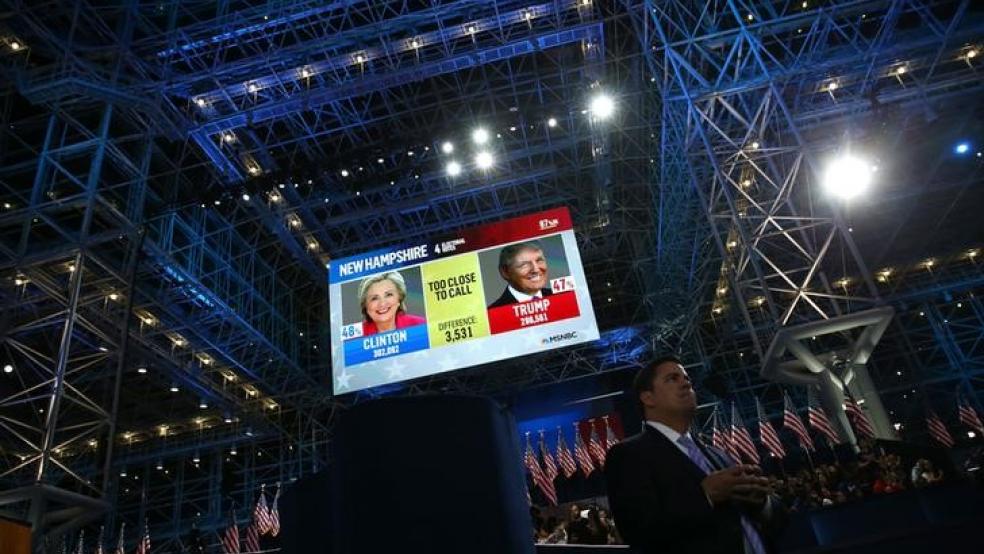WASHINGTON (Reuters) - Hillary Clinton, who has been hounded by questions about her use of a private email account while heading the State Department, instructed a staffer in 2011 to send her a talking points memo by a nonsecure system after it could not be sent by secure fax.
Clinton also expressed surprise in another 2011 email that a State Department staffer would use a private email account for work, according to the latest batch of Clinton emails released by the State Department under a schedule ordered by a federal judge.Questions about Clinton's use of a private email account while leading the State Department have been a recurring problem for her Democratic presidential campaign. Republicans have criticized her for skirting the rules and endangering national security.Clinton, the frontrunner for the Democratic nomination in the November 2016 White House election, has apologized for using the private email server set up at her New York home. She has repeatedly said she never sent or received classified information through it.But the latest batch of emails sheds light on her sometimes contradictory attitudes about email security.In June 2011, after an aide said staffers were having trouble sending her talking points by secure fax, Clinton advised: "If they can't, turn into nonpaper w no identifying heading and send nonsecure."It was unclear what the talking points, which are typically used to summarize material to be discussed in public, were about or whether they contained any sensitive or classified information.State Department spokesman John Kirby said the department was unable to find any evidence the document was eventually emailed to Clinton. He said the fact it was originally to be sent on a secure fax did not mean it was classified."It's not atypical for documents - unclassified documents - to be created, crafted, edited, shared on a classified system," he told reporters.Republican Senator Chuck Grassley, chairman of the Senate Judiciary Committee, called the email "disturbing" and said it raised "a host of serious questions" about whether classified information was sent through her private email server.In another 2011 email, Clinton asked where the author of an an analysis of the situation in Libya worked. When informed he was a State Department employee, Clinton wrote: "I was surprised that he used personal email account if he is at State."The emails were among 3,000 pages made public on Friday by the State Department, which was running late on a court-ordered schedule requiring that 82 percent of her 55,000 emails be released by the end of December.On Thursday, a report by an independent auditor said the State Department has long failed to produce complete and timely records in response to public information requests.The Office of the Inspector General cited the department for taking more than 500 days, or more than 16 months, to furnish records for the Office of the Secretary under the Freedom of Information Act (FOIA), which calls for them within 20 working days.The auditor said the problems predate Clinton, who was President Barack Obama's secretary of state from 2009 until 2013, citing "procedural weaknesses" as well as inadequate staffing, poor training and a lack of a written procedures.The report, which reviewed public information requests from 1996 to 2015, called on the department to develop an improvement plan and boost staff levels. (Additional reporting by Arshad Mohammed and Susan Heavey; Editing by Dan Grebler, Bernard Orr)Clinton told aide to send talking points by 'non-secure' system

Lucy Nicholson



